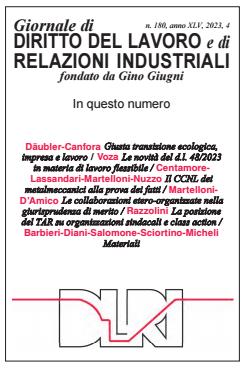
Le economie mediterranee hanno una duplice caratteristica: da un lato sono periferiche rispetto alla gestione dell’Eurozona da parte delle economie egemoni; dall’altro sono altrettanto densamente regolate da istituzioni politiche e sociali di queste ultime. Per questo motivo il capitalismo mediterraneo e scarsamente competitivo sia rispetto al modello continentale oggi egemone, sia rispetto alle economie che competono in larga misura sui costi, come quelle est-europee e quelle anglosassoni. Anche il capitalismo nordico si era trovato in questa tenaglia nei primi anni ’90 ma vi e sfuggito puntando in primo luogo sull’innovazione e sui forti investimenti in R&S. Al contrario, il capitalismo mediterraneo ha investito meno di tutti gli altri in innovazione e in ricerca. Ma secondo l’autore questa rimane la sola "strada stretta" da percorrere per recuperare competitivita e uscire in modo stabile dalla crisi.














